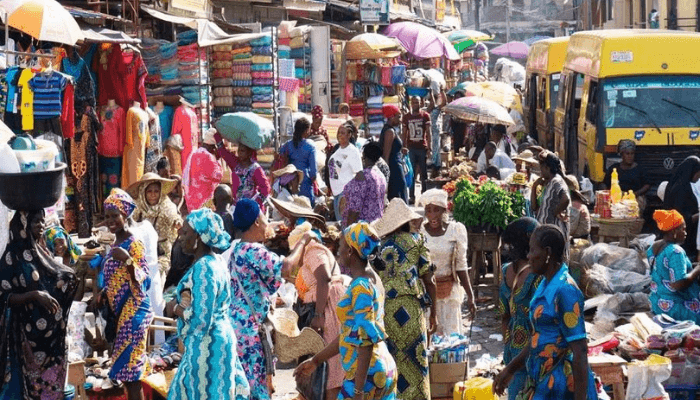The Manufacturers Association of Nigeria (MAN) has, once again, raised the alarm over the rising cost of doing business in the country. The situation has been described by the organization as being very unbearable for most businesses to survive. Among the challenges raised by MAN are high electricity tariff, multiple taxation, high exchange rate and exorbitant cost of essential raw materials that have affected backward integration, research development and innovation necessary for economic growth.
Other complaints by MAN include high cost of alternative energy, high interest rate, foreign exchange scarcity, over regulation, low access to credit by Small and Medium Enterprises(SMEs), poor road infrastructure, rising inflation, insecurity, high cost of logistics and political uncertainty.
Not quite long ago, the organised private sector disclosed that as a result of the multiple challenges facing the manufacturing sector, about 40 per cent of industries in the country faced imminent collapse, while a total of 776 local industries have reportedly shut down due to high cost of essential raw materials for production. The government should listen to MAN and reduce the rising cost of doing business in the country. Without doing so, the hope of attracting foreign investors will be a mirage. Investors go to a place where the business climate if favourable to make profits.
The primary motive for setting up any business is to make profit. New businesses should be encouraged through tax holidays and other incentives. Nigeria’s current business environment laced with multiple taxes, high cost of electricity, and high exchange rate is suffocating and must be urgently addressed. Let the government not feel that all is well in the manufacturing sector of the economy. The true position is that all is not well with the business sector. For example, between 2018 and 2022, data from MAN showed that more than 322 manufacturing plants in the country collapsed, and many relocated to neighbouring West African countries.
Though the sector witnessed a little improvement in the Q4 2024, largely spurred by consumer demand during the festive season, the aggregate manufacturers’ CEO index increased to 50.7 points in the last quarter of 2024 from 50.2 points in the preceding quarter of 2023, on a year-year basis, the aggregate manufacturer confidence declined marginally by 1.1 points from 51.8 per cent in the corresponding period of 2023. In spite of the little improvement, the fortunes of the sector have been on a downward slope since the beginning of 2025 due to harsh economic business environment.
Between January and February 2025, the sector has declined from 56 points to 53.2 points. Also, the projected employment condition dropped to 53 points, while the expected production level declined from 54.3 to 54 points. This was reportedly triggered mainly by a combination of inflationary pressure, high interest rates and high production and distribution costs that increased by over 18 per cent from 20 per cent. In addition, capacity utilisation contracted further by almost one per cent in Q4 2024 from -1.3 drop in the preceding quarter. Manufacturing investment dropped by 1.2 per cent in Q4 2024 from 3.5 per cent contraction recorded in Q3 2024.
The government should not lose sight of the immense contributions of the manufacturing sector to the economy, which is over 10 per cent of Nigeria’s Gross Domestic Product (GDP) annually. It also employs over 12 per cent of formal sector’s labour force. Besides, the sector is central to the nation’s economic prosperity. We urge the government to address the problems facing the sector by focusing on improving Nigeria’s exports in the global market. A recent data from the World Trade Organisation (WTO) showed that Nigeria is far behind South Africa in export of manufactured goods.
While South Africa’s export of manufactured goods in 2022 was valued at $46billion, Nigeria’s own was valued at $3billion. This is about 15 times bigger than Nigeria’s export value. The global demand for Nigeria’s products has witnessed some decline in recent years. According to the National Bureau of Statistics (NBS), the global demand for Nigeria’s products witnessed 166 per cent decline from a record N2.07billion in 2019 to N778.4billion in 2023. It is time to address the major constraints hampering economic development of the country.

